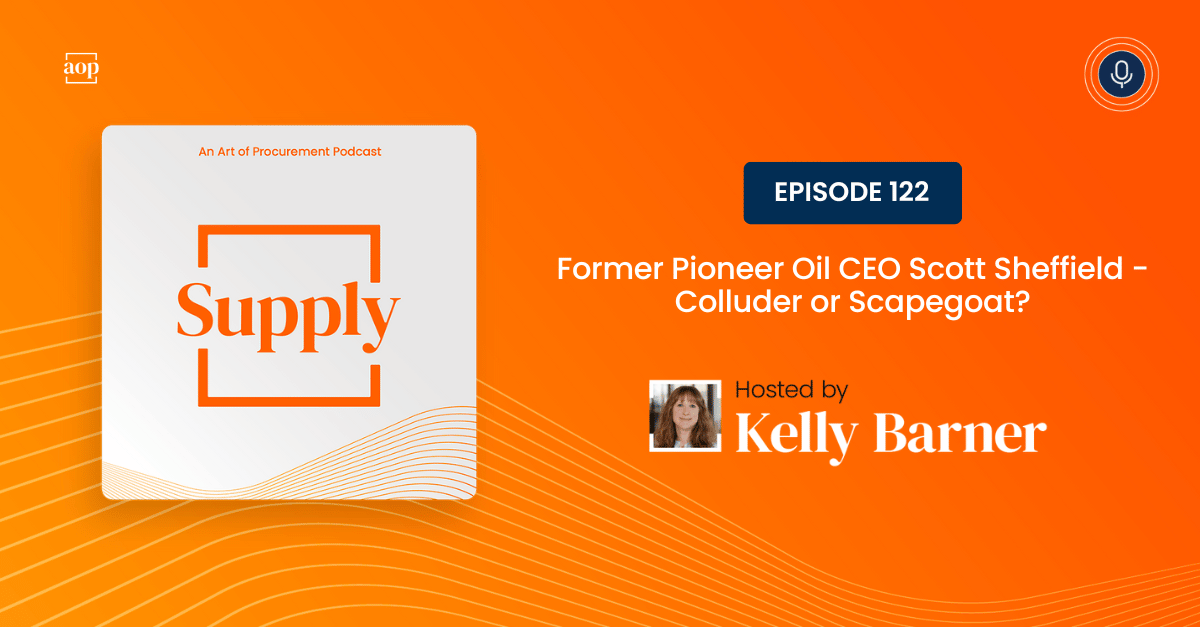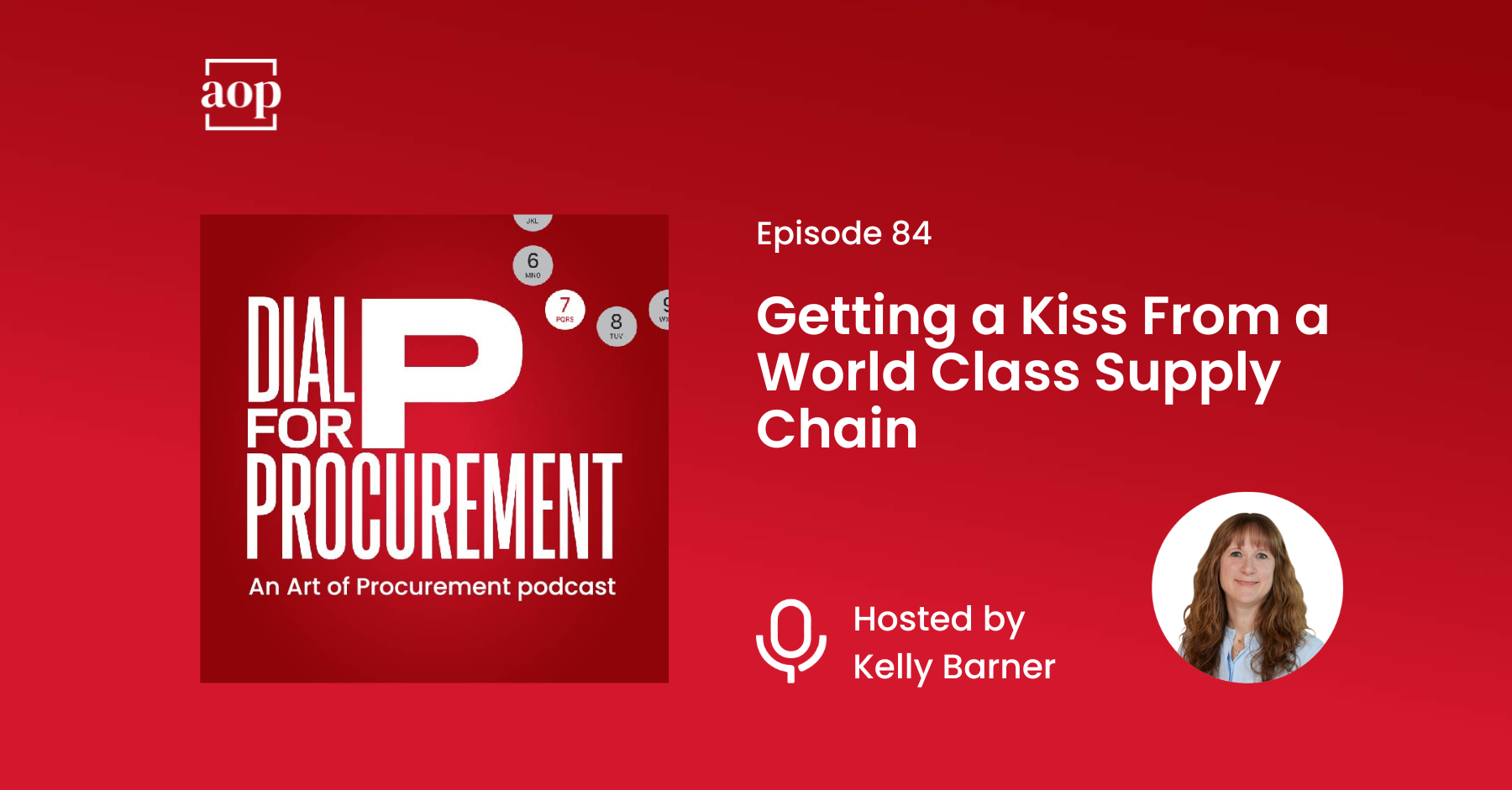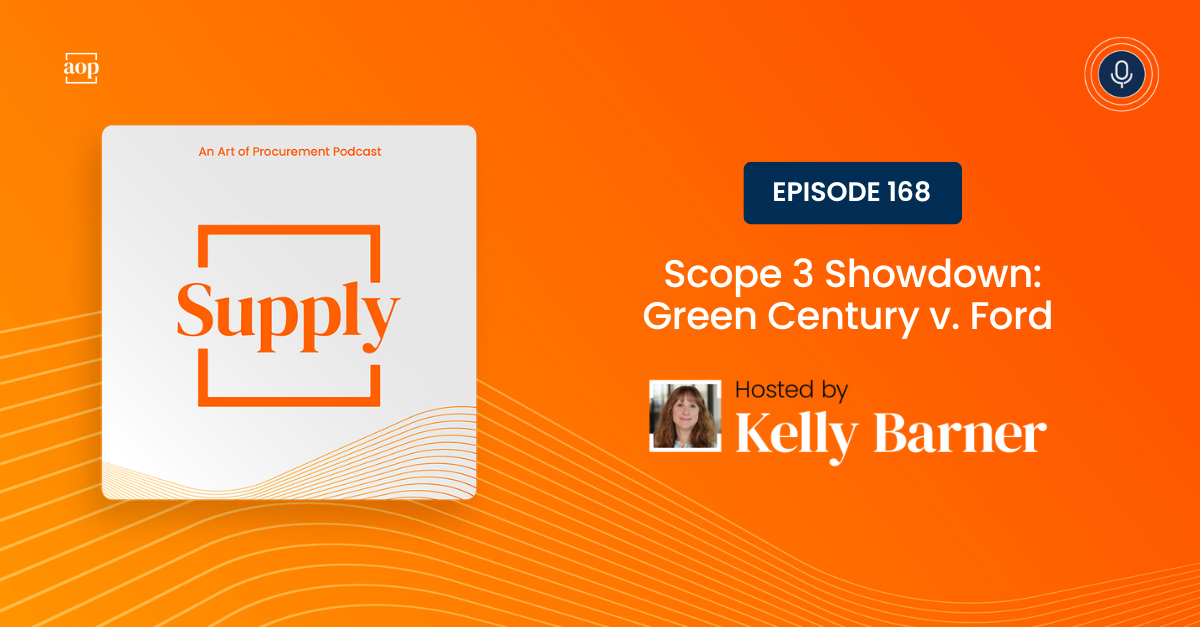1 min read
Former Pioneer Oil CEO Scott Sheffield – Colluder or Scapegoat?
Kelly Barner : Updated on December 1, 2024

In 2019, Pioneer Natural Resources, an independent shale oil producer in West Texas, was worth $24 Billion. Their CEO, Scott Sheffield, recognized that the major producers were starting to buy up ground in the Permian basin and so he set out to make Pioneer the most desirable acquisition in the region.
It looked like his strategy had paid off in 2023, when ExxonMobil offered nearly $60 Billion for the company.
Sheffield stepped down as CEO at the end of 2023 and started serving in an advisory capacity in anticipation of a forthcoming board seat at ExxonMobil.
This was the biggest shale oil and gas merger ever, and so it required Federal Trade Commission (or FTC) approval. In its reviews of pending oil deals, the FTC asked for communications records, including those with officials at OPEC or OPEC+.
In the case of Pioneer, the FTC did not like what they found.
Although they approved the acquisition, they accused Sheffield of colluding with OPEC and OPEC+ to constrain production, ultimately raising prices on consumers and breaking antitrust laws. Their approval was contingent upon ExxonMobil agreeing not to put Sheffield on the board for the next five years.
Who are OPEC and OPEC+?
The Organization of the Petroleum Exporting Countries – or OPEC – was founded in 1960 and consists of 13 countries.
According to the Energy Information Administration website, OPEC “regularly meets to set oil production targets and coordinate output to help manage global oil prices for the entire group.”
In the U.S. that is considered collusion. In countries like Iraq, Iran, Kuwait, Saudi Arabia, and Venezuela, however, it is a standard way of doing business. While OPEC participants have antitrust immunity as sovereign entities, U.S. firms do not.
And then there is OPEC+.
In 2016, U.S. shale output increased significantly. In response to that, OPEC signed an agreement with 10 additional countries. They aren’t OPEC members, but they are part of the effort to coordinate output and manage prices. Of the 16 million barrels of oil associated with OPEC+ each day, Russia represents over 60 percent.
While there is naturally some level of communication between U.S. oil producers and OPEC, working together to coordinate output would be illegal – at least for the U.S. companies. There is supposed to be competition between them, where they fill the voids and seize the opportunities left by the other.
Did Scott Sheffield step into the space between – and then break the law by crossing over? Listen to this episode of Art of Supply and then decide for yourself!




